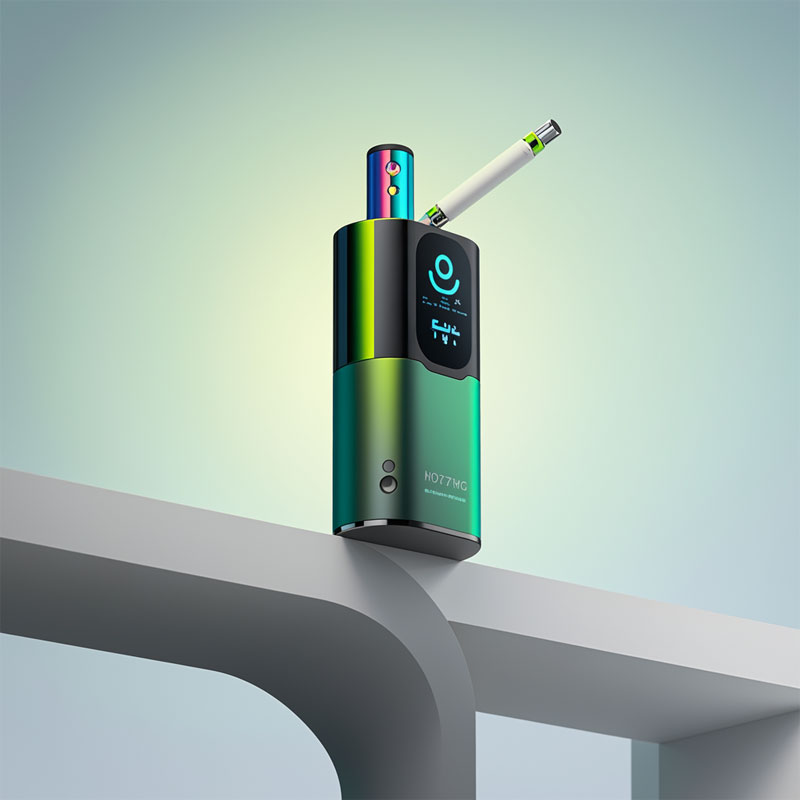
The regulation of e-cigarettes in Malaysia is primarily supervised by the Ministry of Health (MoH). They aim to strike a balance between protecting public health and fostering economic growth. At the core of the regulations is the commitment to ensure the safety and efficacy of vaping products available in the market.
Legal Framework
The legal framework surrounding e-cigarettes in Malaysia is multifaceted. First, vaping products containing nicotine are classified under poisons due to the Poisons Act of 1952. This means they require registered pharmacists to sell them. This measure is in place to control and monitor nicotine distribution while ensuring consumer safety.
Meanwhile, non-nicotine e-liquids do not face such stringent laws, allowing for a freer market flow. However, they must still adhere to certain standards to ensure product safety.
The Tobacco Control Measures
Malaysia’s e-cigarette landscape is heavily influenced by the national tobacco control measures. The Malaysian government has included e-cigarettes under the definition of tobacco products, applying similar restrictions such as advertising bans, age restrictions, and use in non-smoking areas.
Economic Considerations
Despite strict regulations, Malaysia’s e-cigarette market continues to thrive. Local businesses must navigate these laws to tap into the burgeoning sector. The government recognizes the potential economic benefits of this industry, thus is contemplating amendments to provide a clearer path forward for businesses. The focus is on creating an environment where economic growth through vaping can be sustainable and compliant.
One notable discussion point is the taxation framework. The Malaysian government has imposed taxes on vaping products to help control consumption while generating revenue from a rapidly growing sector. These taxes reflect an effort to balance economic opportunism with public health concerns.
Challenges and Opportunities
While the regulations impose challenges, they also open avenues for innovation. Companies are finding creative ways to meet consumer demands within regulatory confines. This includes developing zero-nicotine alternatives and enhancing product safety through rigorous testing.
The opportunity for growth is immense. Malaysia, strategically located in Southeast Asia, has the potential to become a hub for vaping products in the region. Its regulations, while strict, provide a framework that ensures quality and safety, aspects that can be attractive to international buyers.
Future of E-Cigarette Regulation

The Malaysian government is under constant pressure to adapt its e-cigarette regulations to keep pace with global standards and local demands. This continual evolution reflects their effort to safeguard public health while fostering economic growth.
Frequently Asked Questions

Q1: Are e-cigarettes legal in Malaysia?
Yes, e-cigarettes are legal; however, those containing nicotine are regulated under the Poisons Act of 1952. Non-nicotine alternatives have fewer restrictions but must adhere to safety standards.
Q2: Can businesses sell nicotine e-liquids freely?
Only pharmacies can sell nicotine e-liquids due to their classification under poison laws. Other businesses can sell non-nicotine versions, provided they comply with established safety standards.
Q3: What is the future of Malaysia’s e-cigarette industry?
The industry’s future is promising, with potential regulatory changes allowing for sustainable growth while maintaining public health integrity.